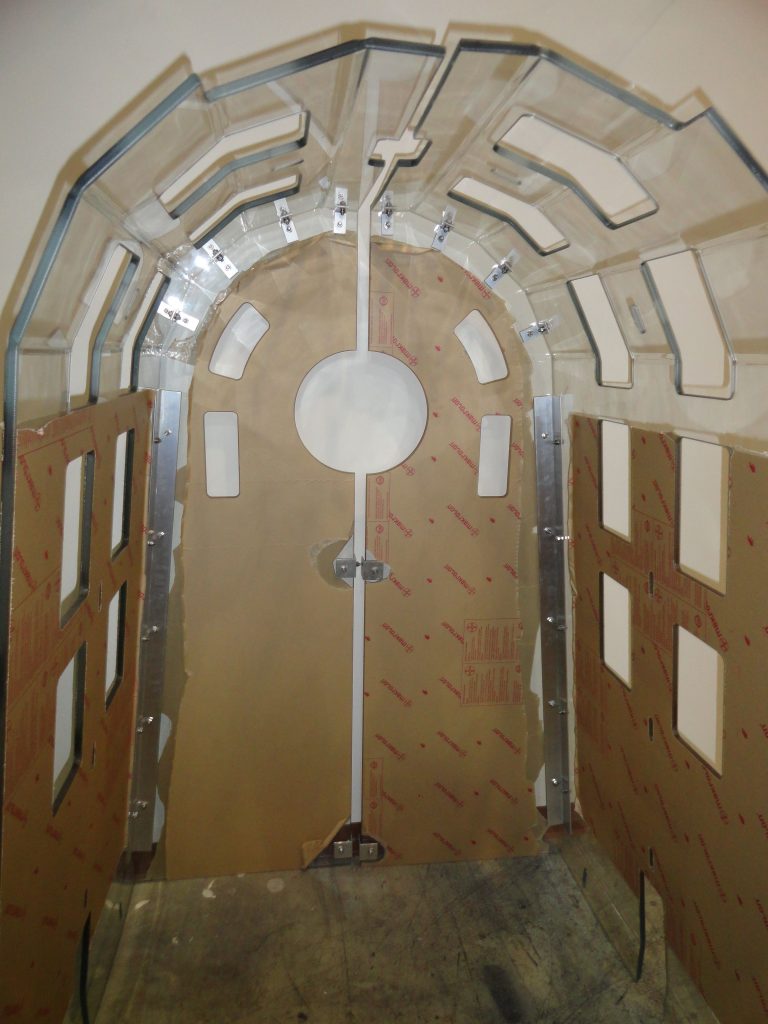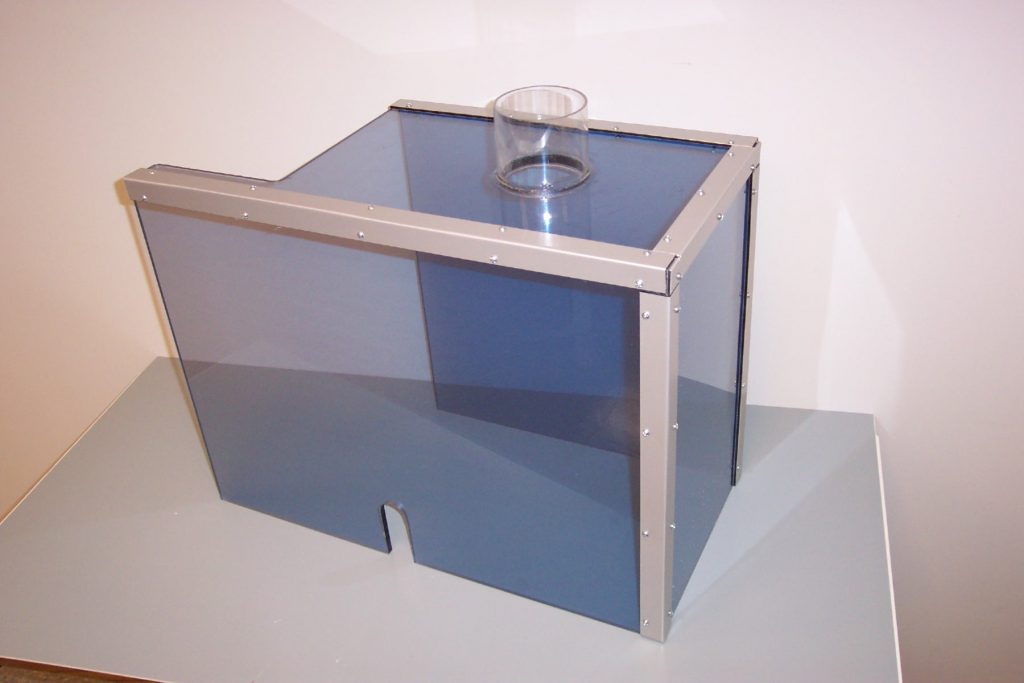Electrical box enclosures are the box type cabinets used to protect sensitive elements inside electronic devices from outside elements. These enclosures are available in different types of metals and plastics materials in a wide-ranging specification. Although metal enclosures were predominantly used earlier due to their durability, the current demand is in more favour for plastic enclosures. The requirement for plastic enclosures for electronics projects is gaining popularity in the electronics and manufacturing industries owing to their several beneficial features. What accounts for the wide-spread use of plastic project boxes for electronic systems compared to their metal counterparts in the recent years? This post gives a plastic enclosures vs metal enclosures comparison to understand the reasons better.

Let’s gain a key understanding of metal vs. plastic industrial electronic enclosures to understand the increasing utilization of plastic.
Conductivity: Compared to metal enclosures, plastic electronic enclosures are known to provide utmost safety as they are bad conductors of electricity. This feature of plastic material largely benefits when electric enclosures are installed near wet environments, like in the vicinity of ponds, lakes, or in some cases with the presence of moisture content. On the other hand, metal is a good conductor of electricity, making it unsafe to use in applications exposed to moisture.
Cost: Plastic is one of the most cost-effective and economical materials than die-cast aluminium, steel and other metals that are usually used to create electrical enclosures. Moreover, manufacturing costs are lower while machining plastics compared to metal fabrication, which involves several secondary machining processes.
Machineability: Plastic enclosures for electronics projects are easy to machine compared to their metal counterparts. Due to low melting point and high malleability, plastic materials can be easily formed into desired shapes. Fabrication of plastic enclosure doesn’t require post-treatment processes as in the case of metal that demands polishing, deburring, and painting. Most importantly, plastic machining can be done with quick cycle times and fast turnover-rates.
Design Freedom: Plastic machining allows much of design choices and flexibility. Complex features, shapes, lettering, and surface textures can easily be incorporated into the tooling of plastic parts production. On the other hand, crafting highly complex geometries or shapes is challenging and require exponentially more processing in the case of most metal materials. This in turn increases manufacturing times and costs.
Easy Handling: Owing to their light weight, plastic made electric enclosures are easy to install and handle than heavy or bulky metal enclosures. Electric enclosures manufactured from a thermoplastic can be at least 4 times lighter than the product made out of metal. This is one of the prominent benefits of plastics that triggered the high rate of metal-to-plastic conversion when it comes to making plastic boxes for electronics units.
Chemical resistance: Electric enclosures are normally exposed to harsh environmental conditions like dust, UV rays, moisture, and chemicals. Enclosures made from plastics are less likely to get damaged even with continuous exposure to such elements for a long period. This is not with the case of metal enclosures. Metal can oxidize or rust due to chemicals or chemical reactions, or with long exposure to outside elements.
Vast Material Choices: In the past, metal enclosures were largely used as there were not many choices available for plastic that time. This is not the situation right now as choices are more with several specialised materials. This gave the electric closure manufacturer a great freedom in selecting the right material based on the application, budget, and shelf-life requirement. ABS, ASA+PC Blend, (Polyamide), (Polycarbonate), PC+ABS Blend, PPE (Polyphenylene Ether)/PPO (Polyphenylene Oxide), and Styrene Ethylene Butadiene Styrene etc. are a few types of plastics used for making plastic project boxes for electronic units.

In addition to the aforementioned points, plastic materials also surpass metals in several other aspects like as mentioned below.
• Housing for medical electronic setups
• Enclosures for imaging equipment like MRI, CT scan, X-ray, etc
• Patient bed components
With the metal vs plastic industrial electronic enclosures comparison aforementioned, you may have by now understood why plastic has become a popular choice to manufacture enclosures for electronics projects than metals. Hence, investing on plastic enclosure will be a wise idea going forward. However, getting them machined from experienced plastic engineering service provider like Ehren-Haus Industries, Inc. is critical to get the expected end results. With an impressive in-house tooling, mold production and engineering capabilities, Ehren-Haus Industries offers a complete plastic machining solutions to meet your exclusive specifications, requirements and needs. Check with the experts at the company and know their plastic machining expertise for electronic enclosures.